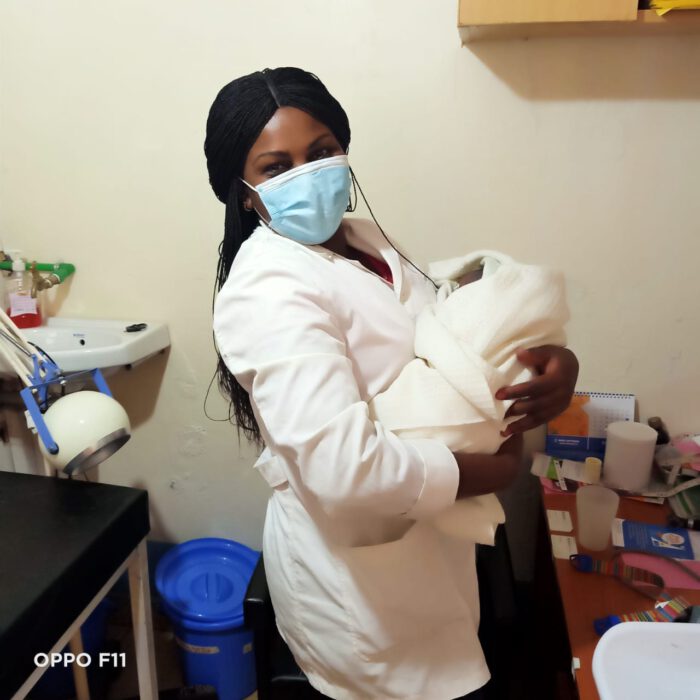Our Projects

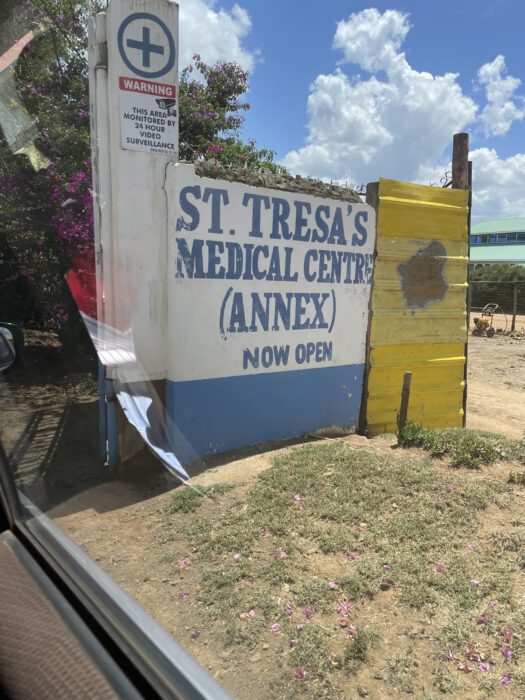
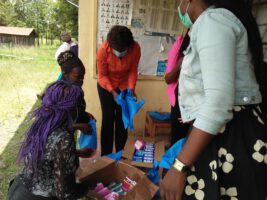
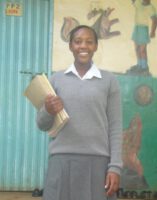
Our patients
ANC, cervical cancer screening and family planning are part of the Kenyan health system and free.
In reality, women are facing several problems. Hospitals are far away, ignorance and poverty restricts their ability to seek medical advice or make use of cancerscreening.
Our medical center is situated in a poorer region of Nairobi where people like Tabitha live.
Regular jobs are rare. Here we are helping with low cost high quality care for example by diagnosing twins on ultrasound!
HIV is for 10-15%of our patients reality, we counsel and refer to governmental hospitals.
Women Health in Nairobi, Kenia
600 kenyan specialists for Obstetrics and Gynaecology facing app. 46 Million people in Kenya (1). They are supported by midwives, nurses and clinical officers.
Kenya has an excellent medical system where treatment is provided by the government in government hospitals for everybody. In day to day life the people can not even afford the bus fee to get to the hospital. Hospitals charge small admission fees or ask for immiadiate payment in cash- too much for underpriviledged people. Especially women are at danger to neglect their right for antennal care, family planning and cancer screening. The medical provision is worse in rural areas, underpriviledged people can not pay for private health facilities which exist in cities.
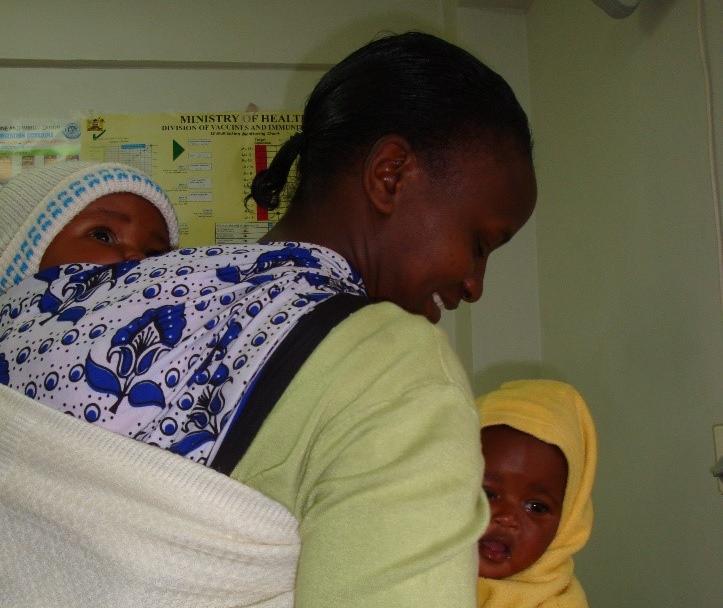
The total sum spend on health comes up to 45 % from the government, up to 30 % are contributions from NGO´s and around 25% are paid by the patients(3).
Maternal mortality, although declining is still high with 400 deaths per 100.000 (2) maternities. This sums up to 6400 death women per year in Kenya. One of the main reasons are unsafe abortions, more than half of all terminations of pregnancy are performed for teenage mothers under unsafe conditions. These women experience the highest complication rate.
The rate of teenagepregnancies is also declining, but is still as high as 10 %, meaning 19 % of all girls younger than 19 are mothers(1).
Only 62% of all mothers (1) have an experienced birth attendant.
There is an equity gap between poor and rich and between rural and urban settings.
Childmortality is 50/1000, 50 of 1000 children die before age 5 (1).
Sources:
- Worldbank
- fact sheet No 1, African population and Health Research Center, Ministry of Health, Kenya
Our staff
<| Anke Gaußmann, one of the founders of the project, senior registrar for Obstetrics and Gynaecology in Germany, worked several weeks per year for more than 8 years in Kenya and Nepal, on a voluntary base. Her goal is to support women, by providing medical care herself as well as teaching other providers. High maternal mortality gave her the reason to start the REHNET medical center together with Kenyan colleagues. |  |
| Olga Wehrfritz, gynaecologist, in Nairobi |  |
| Dr K. Retzlaff, internal specialist, in Nairobi | 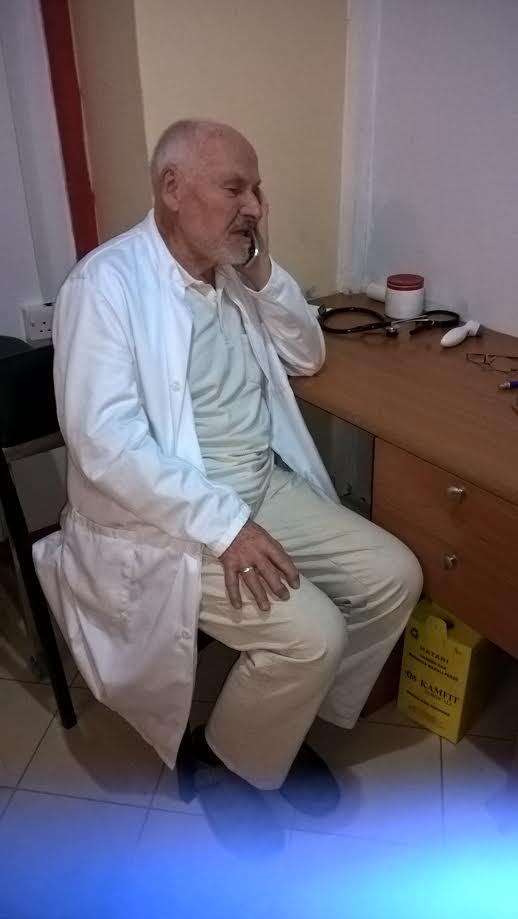 |
| Fatma Hassan, gynaecologist, in Nairobi | 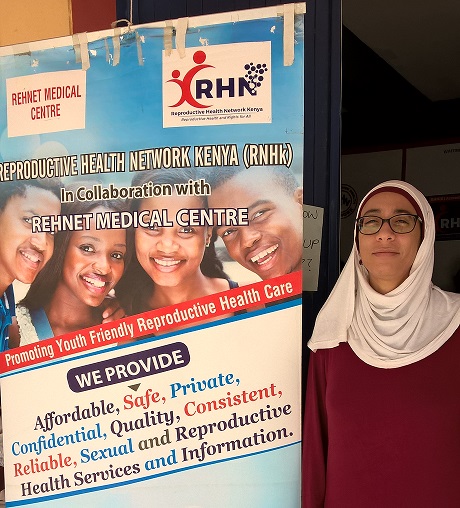 |
| Dr. Susanne Beyer, GP, in Nairobi | 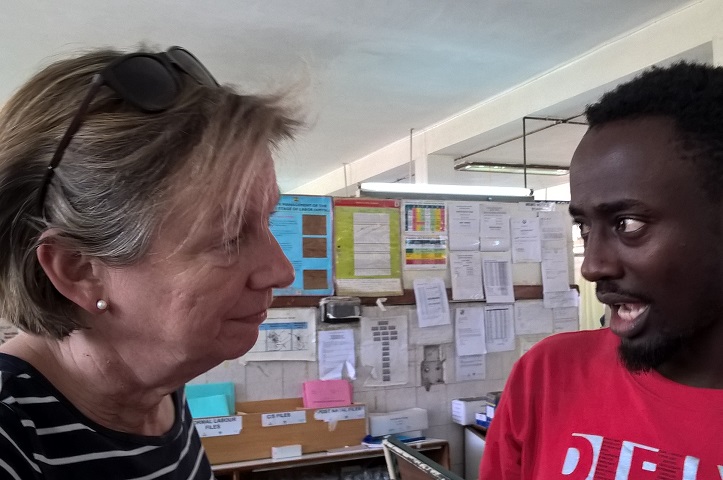 |
| Dr. Lars Bohnen, gynaegologist, at the Rehnet Medical Center | 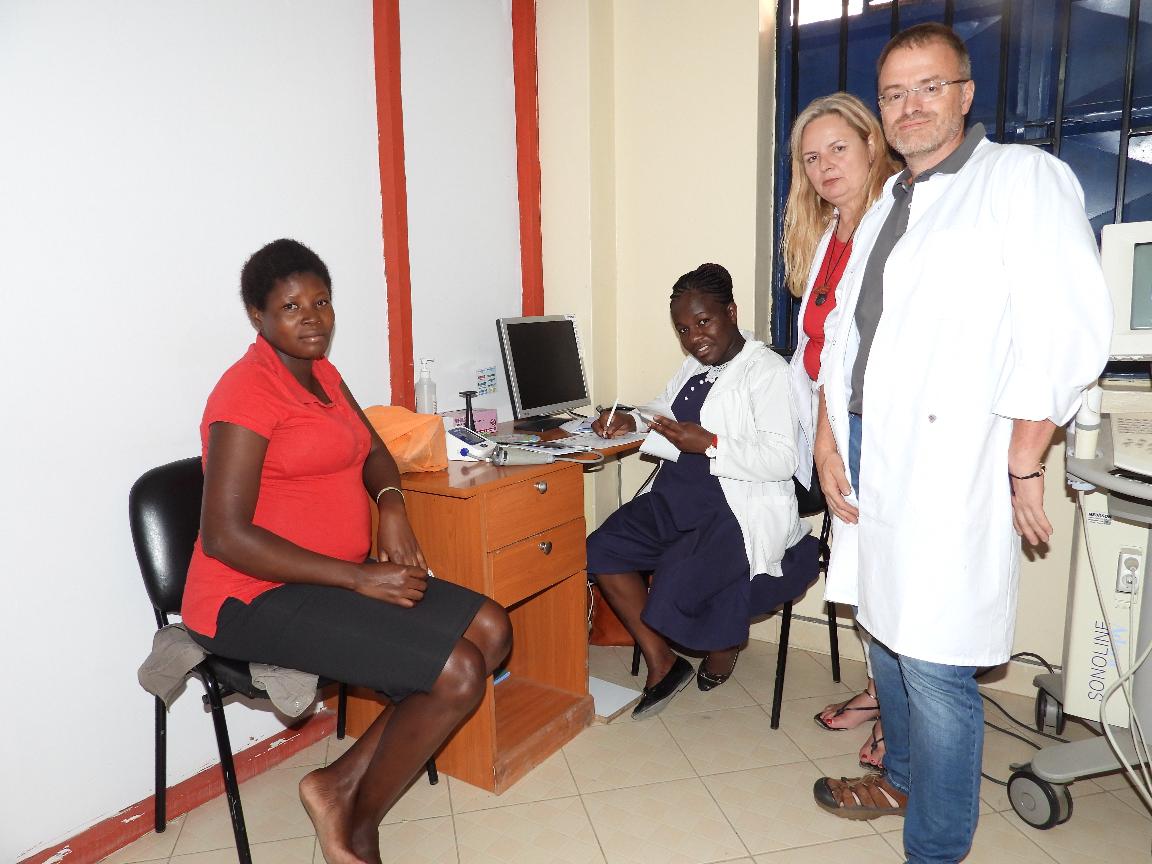 |
| Heide Franke at the Rehnet Medical Center | 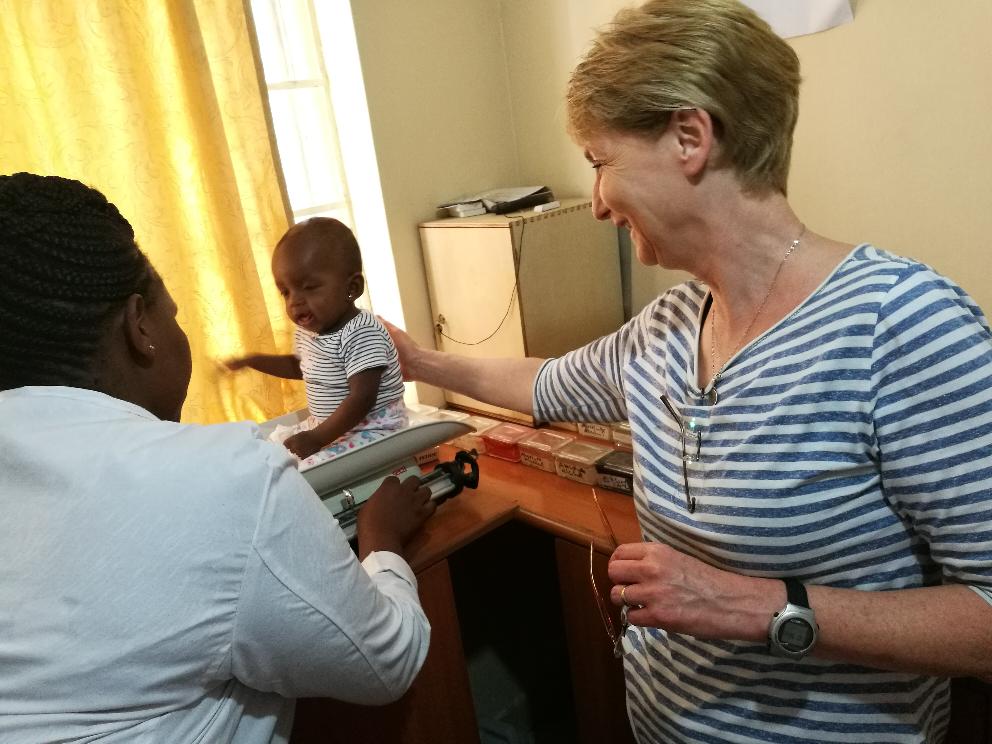 |
| Dr. Uschi Holthusen | 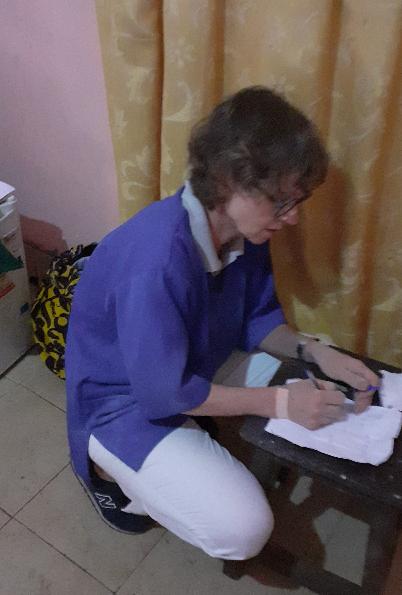 |

